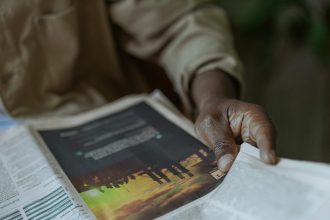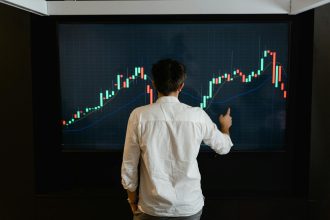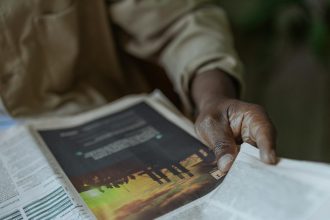AI’s Copyright Quandary: Protecting Music Creators
AI’s Copyright Quandary: Protecting Music Creators
The rapid advancement of artificial intelligence has sparked both excitement and apprehension across various creative fields. For the music industry, this evolution presents a complex challenge: how to harness the power of AI while safeguarding the rights and livelihoods of artists. As new AI tools emerge, the debate over copyright infringement intensifies, prompting a crucial discussion about ethical development and fair compensation.
The Rise of AI in Music Creation
Artificial intelligence is no longer a futuristic concept; it’s actively being integrated into the music creation process. From generating melodies and lyrics to mastering tracks, AI offers musicians and producers innovative ways to enhance their work and explore new sonic territories. This technological surge, however, has brought to the forefront significant concerns regarding the use of copyrighted material in training AI models and the potential for AI-generated content to infringe upon existing works.
AI-Powered Music Tools: A Double-Edged Sword
The allure of AI in music lies in its potential to democratize creation, speed up workflows, and unlock unprecedented creative possibilities. Yet, the underlying mechanisms often rely on vast datasets of existing music. This raises a critical question: when AI models are trained on copyrighted songs without explicit permission or compensation, does it constitute infringement? Many artists and rights holders argue that it does, viewing it as an unauthorized use of their intellectual property.
Navigating the Copyright Minefield
The core of the issue revolves around intellectual property rights. The music industry, built on the foundation of copyright law, is now grappling with how these established principles apply to AI-generated content. The question isn’t just about whether AI can create music, but *how* it creates music and *what* legal and ethical frameworks should govern this process.
Key Concerns for Musicians and Rights Holders
- Unauthorized Use of Training Data: AI models are often trained on massive libraries of music, some of which are protected by copyright. The lack of clear consent and compensation for this usage is a major point of contention.
- AI-Generated Content Infringement: The possibility of AI generating music that is substantially similar to existing copyrighted works, leading to accidental or intentional infringement.
- Fair Compensation Models: Establishing fair ways to compensate artists whose work is used to train AI or whose music is directly sampled or emulated by AI tools.
- Attribution and Ownership: Determining who owns the copyright of AI-generated music and how to properly attribute creative contributions, whether human or artificial.
Industry Responses and the Path Forward
Leading players in the music technology space are increasingly acknowledging the need for a balanced approach. Partnerships are being forged to develop AI tools that are not only innovative but also built with respect for creators’ rights. This proactive stance aims to preempt legal battles and foster a more sustainable ecosystem for both AI development and artistic creation.
Collaborative Solutions for AI and Copyright
The future likely involves a multi-faceted approach, combining technological solutions with updated legal and ethical guidelines. Here are some potential avenues:
- Transparent AI Training: Developing AI models with clear documentation of the data used for training, allowing for audits and accountability.
- Licensing Frameworks: Establishing new licensing models that permit the use of copyrighted music for AI training in exchange for fair remuneration.
- AI Detection Tools: Implementing technologies that can identify AI-generated music and potentially flag similarities to existing works.
- Industry Standards and Best Practices: Encouraging the adoption of ethical guidelines for AI development and deployment within the music sector.
The dialogue between AI developers, artists, and rights holders is essential. By working together, the music industry can navigate the complexities of AI, ensuring that technological progress serves to augment, rather than undermine, the value of human creativity. As platforms and developers continue to innovate, the commitment to protecting the rights of musicians must remain paramount.
© 2025 thebossmind.com
ai music copyright, music industry ai, ai copyright infringement, protect music creators, spotify ai partnership, ai music tools, intellectual property music, copyright law ai, future of music ai
AI’s Copyright Quandary: Protecting Music Creators
The rapid advancement of artificial intelligence has sparked both excitement and apprehension across various creative fields. For the music industry, this evolution presents a complex challenge: how to harness the power of AI while safeguarding the rights and livelihoods of artists. As new AI tools emerge, the debate over copyright infringement intensifies, prompting a crucial discussion about ethical development and fair compensation.
spotify ai partnership, ai music industry, music copyright, artificial intelligence, music creation, intellectual property, rights holders, ethical ai, fair compensation







